Research, Development and Demonstrations Projects
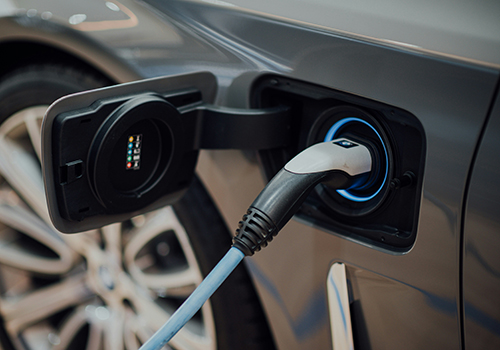
AMCool
Challenge: Efficient cooling of EV power modules.
Solution: Additive manufacturing of compact micro-heat sinks with optimized heat transfer.
Partners: Danish Technological Institute, Danfoss Drives, Aalborg University
Funding: EUDP – Energy Technology Development and Demonstration Program
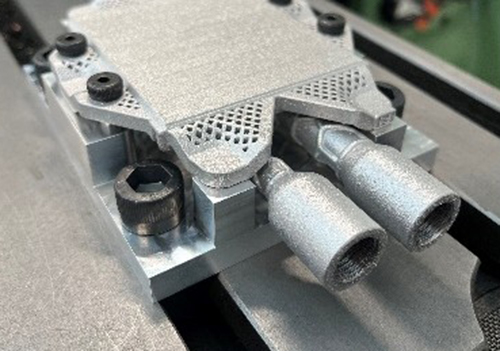
AM2pC
Challenge: High-efficiency cooling in data centers.
Solution: 3D-printed vapor chambers and two-phase cooling structures using copper and aluminum.
Partners: Fraunhofer IWU, Open Engineering, Danish Technological Institute
Funding: M-ERA.NET
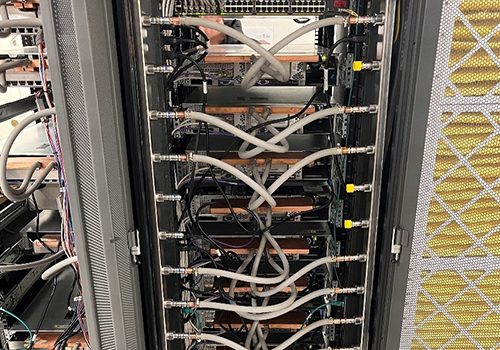
LIFE4HeatRecovery
Challenge: Server waste heat utilization.
Solution: Heat recovery from low-grade server cooling, upgraded with heat pumps into district heating.
Impact: CO₂ reduction, lower water use, and community energy reuse.
Partners: Multi-national consortium
Funding: EU LIFE Programme
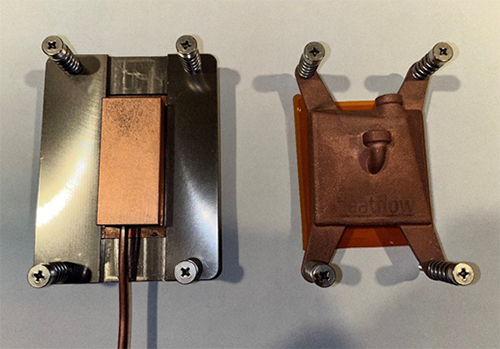
DfAM Green
Challenge: Optimize heat extraction for district heating systems.
Solution: Redesign of Heatflow’s evaporator using Design for Additive Manufacturing (DfAM), improving heat transfer and enabling better waste heat reuse.
Partners: Danish Technological Institute, Hexagon, Implement Consulting Group
Funding: Dansk AM Hub
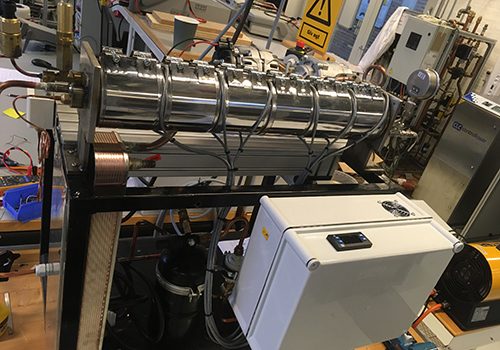
Micro-ORC
Challenge: Generate power from low-temperature industrial waste heat.
Solution: Development of a micro-scale Organic Rankine Cycle system producing electricity from temperatures as low as 85°C.
Partners: FluidTech, Aalborg University, Munk Asfalt, Heatflow ApS
Funding: Energy Cluster Denmark – ETI Program
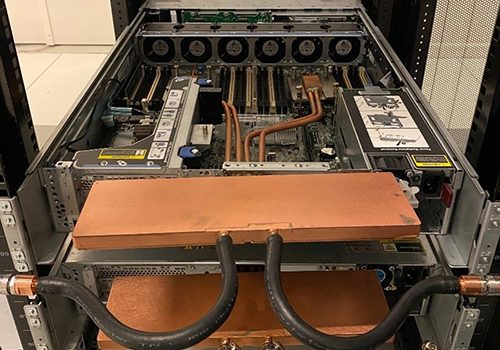
GREENDC
Challenge: Eliminate active fan cooling in compact electronics.
Solution: Passive, thermosyphon-based cooling system for fanless electronics enclosures.
Impact: Prototype validated as a foundation for greener data center cooling.
Partners: Heatflow ApS, Aalborg University
Funding: Energy Cluster Denmark – ETI Program
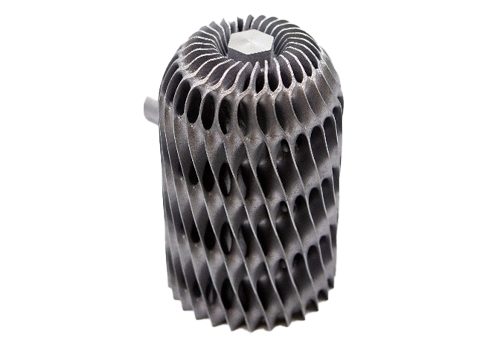
Methanol Preheater (MissionBooster)
Challenge: Ensure cold-start capability of e-methanol engines in harsh conditions.
Solution: Development of a self-sustaining methanol preheater using a plasma ignition burner and 3D-printed heat exchanger.
Impact: Validated to start reliably at −20°C; now being adapted for marine use.
Partners: Heatflow ApS, Danish Technological Institute, Alicon, OSK Group
Funding: MissionBooster – Danish Innovation Fund